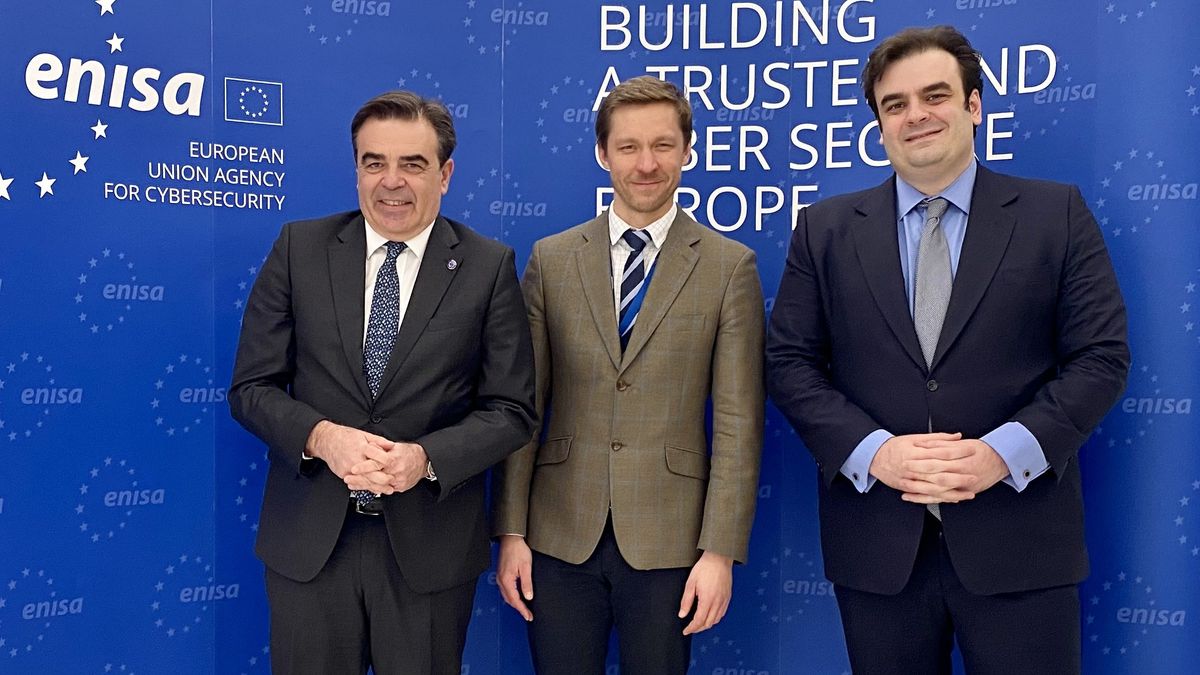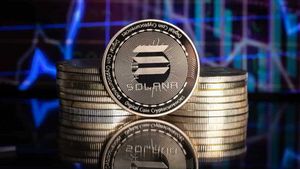JAKARTA – The heat of the geopolitical situation such as the Russian invasion of Ukraine has led to more destructive and widespread cybersecurity attacks this year, until July. This was confirmed by the European Union's cybersecurity agency, ENISA, in its annual report on Thursday, November 3.
The ENISA study raises concerns about the role of state actors and the increasing threats to governments, companies, and key sectors such as energy, transportation, banking, and digital infrastructure.
The agency said the geopolitical situation, in particular Russia's invasion of Ukraine, was a game changer during the period under review.
According to the ENISA report, zero-day exploits in which hackers exploit software vulnerabilities before developers have had a chance to fix flaws, and artificial intelligence-enabled disinformation and deepfakes, have resulted in more malicious and widespread attacks with more damaging impact.
VOIR éGALEMENT:
"The current global context is inevitably driving major changes in the cybersecurity threat landscape. A new paradigm is being shaped by a growing number of threat actors," ENISA Executive Director Juhan Lepassaar said in a statement.
The report also explains that about 24% of cybersecurity attacks target public administrations and governments while 13% target digital service providers.
The European Union in May approved tougher cybersecurity rules for critical sectors, as companies are required to assess their risks, notify authorities and take steps to address risks or face fines of up to 2% of global turnover.
The English, Chinese, Japanese, Arabic, and French versions are automatically generated by the AI. So there may still be inaccuracies in translating, please always see Indonesian as our main language. (system supported by DigitalSiber.id)















